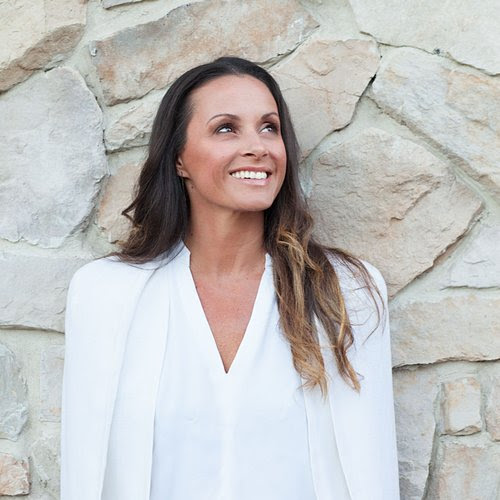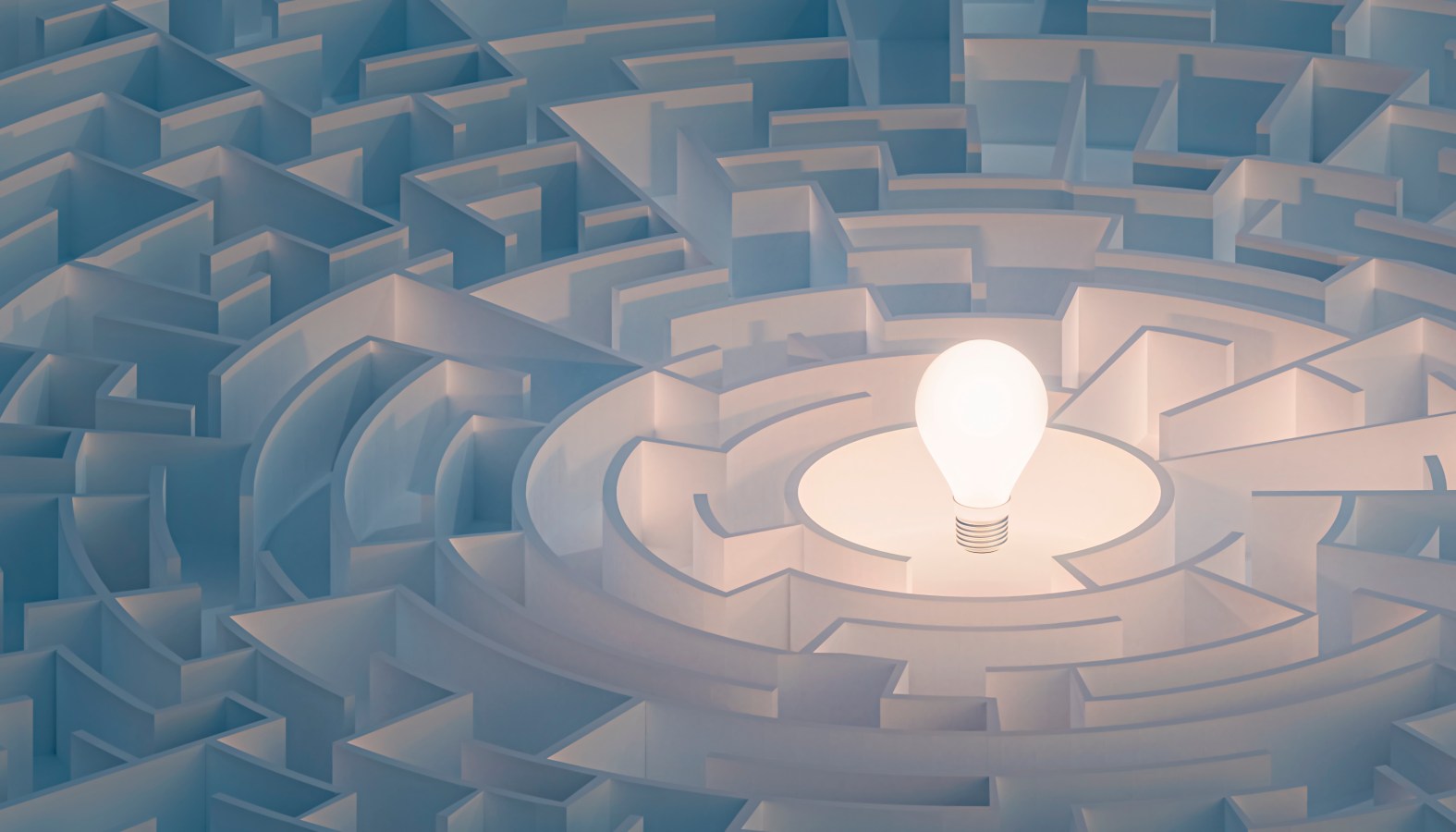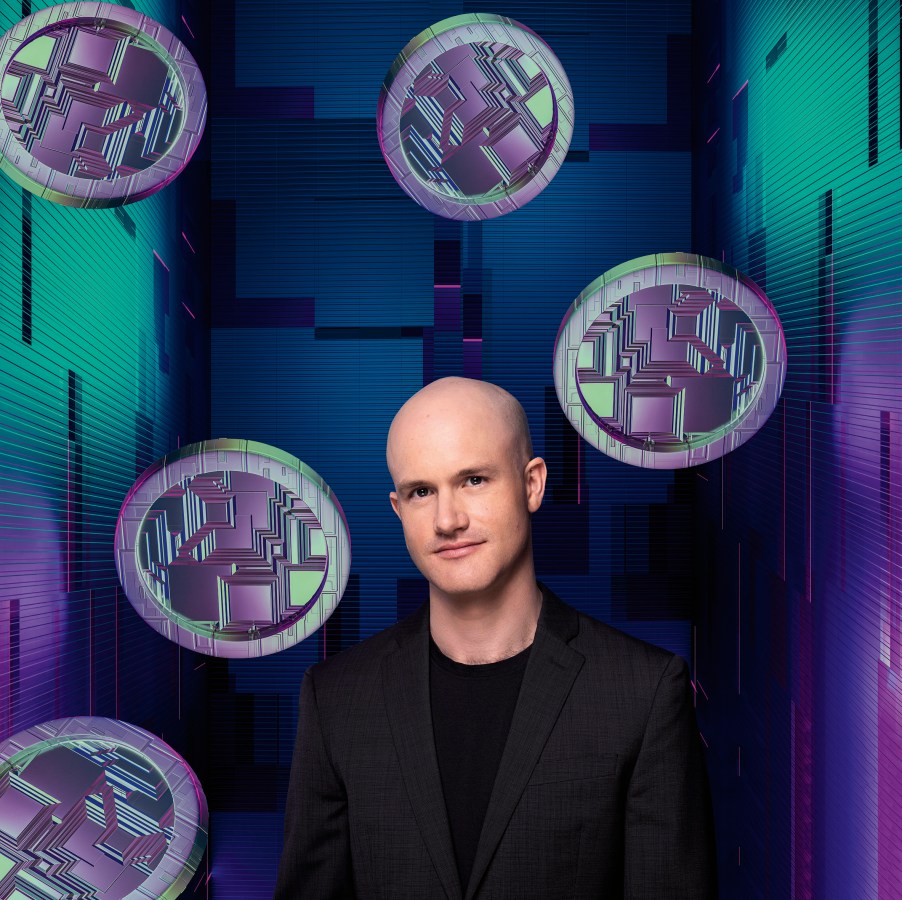Anytime Fitness Australia co-founder Jacinta McDonell discusses the need for resilience, self-awareness and says every entrepreneur needs a cheerleader.

Jacinta McDonell, with her brother Justin, launched the US franchise Anytime Fitness into Australia in 2008 and exited the business in 2017. She talks to Forbes Australia for our Successful Thinking column, to discuss the resilience and self awareness she feels entrepreneurs need to succeed.
What is something from your childhood or youth that gave you drive and entrepreneurial spirit?
I’ve always been courageous at heart, and I’ve always been relatively brave. Growing up, my parents, my dad always had his own business. So, I grew up with his entrepreneurial belief that you could do anything and give everything a go. If you fail, just get out there again. My dad really instilled that in me, and I just always had a real sense of self-belief that I’d always be able to figure out what to do. I naively had that belief from a really early age. My dad was very charismatic and always doing things and trying things, so I think it was definitely from my dad that I had that drive.
What is something you do every day that sets you up for success?
That’s easy. My mornings are quite ritualistic. Every day, I meditate. I’ll do some sort of movement – it’s typically yoga, or it could be a walk, but it’s some sort of physical movement, and then journaling.
Those are the things that really enabled me to declutter my mind. Find some stillness, look at what’s really the priority for the day, because we can get really busy and not really know if we run straight into the next thing. It’s like we haven’t even thought about what actually is going to move the dial today. So those are the things that are my staples.
What was one fail or disappointment that encouraged you to strive higher/do better?
I think any challenge can be a catalyst for growth and evolution. Mindset to me is so important, and I think probably my biggest challenge was when I exited my business, which was Anytime Fitness in 2017, and I launched a yoga studio. I was not in the right mindset. I really struggled internally exiting the business. I wasn’t really aware of how that would play out and how I would feel after leaving, because that was 10 years [of my life].
“If our internal state is not solid, and there’s not total clarity, the external world typically gets pretty messy around us.”
– Jacinta McDonell
I threw myself into something when I wasn’t really aligned. I love yoga, so the intention was somewhat aligned in the intention of what I wanted to do, but I just wasn’t in the headspace to be able to actually execute. That led into a really tough internal challenge for a few years, and I think that’s where bad choices are made.
I feel like the biggest learning from that was really around if our internal state is not solid, and there’s not total clarity, the external world typically gets pretty messy around us. The yoga studio didn’t do well; didn’t do what I wanted it to do. I just wasn’t in the mindset to be able to really stick with it and really push through and what’s required as an entrepreneur always is the resilience to keep going and get over the challenge and I just didn’t have that at that time in my life. I wasn’t in the right space to do it. That’s probably one of the biggest, most obvious lessons to really show me that our internal state really dictates what happens in the external world. It was an expensive lesson for me. But I think it’s good to recognise that’s really what does happen if we’re not in the state that we need to be in, especially launching a business.
What is one attribute that you think other people underestimate in you?
My resilience. I think people underestimate that when I get something really stuck in my mind and decide to do something, I decide that I’ll just figure it out. I’ll make a plan and I can pick myself back up and I can keep going.
All entrepreneurs and founders need huge amounts of resilience. Because things are always challenging. There’s a softness to the way that I lead and I think people maybe don’t see the resilience and the grit that’s really underneath.
What is the most powerful action you have used to be successful in life, business and relationships with others?
I think the most important action is self-awareness. As a leader, no-one is offering feedback or telling you where you could do better. We have to be really truly holding ourselves accountable and looking at ourselves and having awareness of how am I showing up? How did I run that meeting? Or, was that a great decision?
Self-awareness is key. In leading, it’s just so important to be able to be aware of what’s going on and then to regulate how you’re showing up if you’re getting frustrated. You’re leading a team of humans, so we’re responsible for the culture that’s being instilled and the momentum that we’re trying to gain in a business.
If we don’t remain open to learning and open to evolving and humble, our ego can take over and take us down a totally wrong path, because we think we know, when if we sat with a bit of stillness and pause for a little bit, we might actually go, I actually don’t know.
How do the things you do outside of business fulfil you? For example, your work with The Hunger Project.
The first time I saw the work was in 2014. The work that we do at The Hunger Project literally focuses purely on mindset to begin with. The work that we do with our community partners in countries like Africa, and Bangladesh and India is really before any physical work, or any programs are implemented. We work with the community leaders around their mindset. Until they can really truly believe that, yes, they can make a difference, yes, poverty and hunger can end in their community, we don’t actually implement any programs. That fascinated me from the beginning. I’ve obviously had different roles and fundraising for them since then, but the board has really enabled me to work at a strategic level, nationally, and then we sort of work into the global office with how to broaden out our fundraising in Australia, and how are we showing up as well as an organisation. The board role … there’s some amazing incredible people on the board – Diane Grady was the chair. She’s just finished after 12 years. I was always on my board at my companies but it’s very different being in the room with people that I would consider much more intelligent than myself. I learned a lot from different insights around the table. I bring the entrepreneurial mindset to the board, which is why they wanted me on there, but I’ve learned so much. For me personally, as soon as I saw the work, I just knew that I would be engaged until I die, because it’s such powerful work. It’s just part of who I am. It’s part of what I will always do.
What’s your next challenge?
I think that’s a really timely question for me. I’ve just been in the US for six or seven months contemplating this exact thing. I have a few founders that I work with, consulting. I really truly adore helping them bring their dream into the world and just helping them always stay clear on what the big picture is and what the next moves are. Because it’s really hard when you’re in your business to see at a higher level what’s actually going on. You can’t see it. It’s really challenging. I love working with founders, so that’ll be something that I will continue.
Everyone needs a cheerleader and you don’t often have someone that’s actually looking out for your best interest as the founder, which is a real issue for entrepreneurs as soon as they start scaling and having some level of success. It’s really challenging to see what’s actually real and what’s not in terms of what people are offering. I have a sort of line of sight for them to go, let’s not do that, or let’s look at it this way. My role is really to ask the questions to help them make a better decision.
Entrepreneurs need to have a huge level of resilience and self-belief because you’re going to be tested every day. As I’ve gotten older, I’ve started to realise how we can learn and evolve our leadership through more internal work, and how important that space is, giving ourselves the time and the space to check in and see how we are going versus just being busy and so rushed, that we don’t have time to think about what’s actually important and what our priorities are.
I’m currently studying to become a meditation teacher, because I just know the power of the practice and how it can really impact people’s lives. I didn’t really see that one coming. But I’m really enjoying it, so that will be some part of my future.
Seek independent advice and consider the relevant Terms and Conditions at cmcmarkets.com.au when deciding whether to invest in CMC Markets products. CMC Markets Stockbroking Limited (ABN 69 081 002 851 AFSL No. 246381).
This is an edited version of the conversation.


